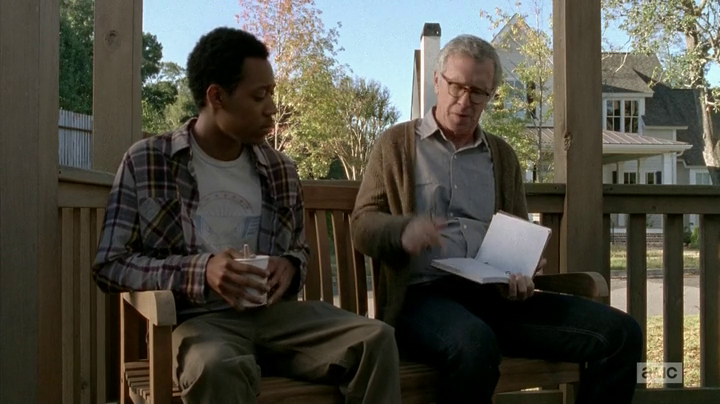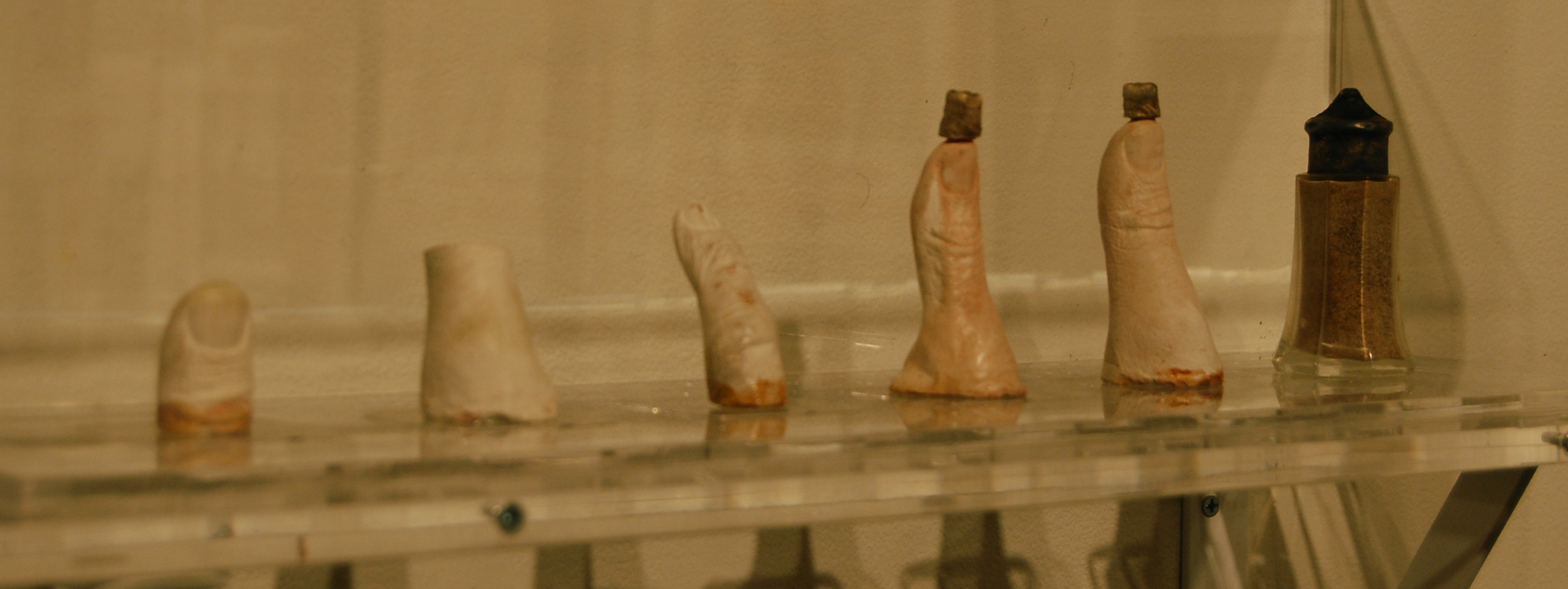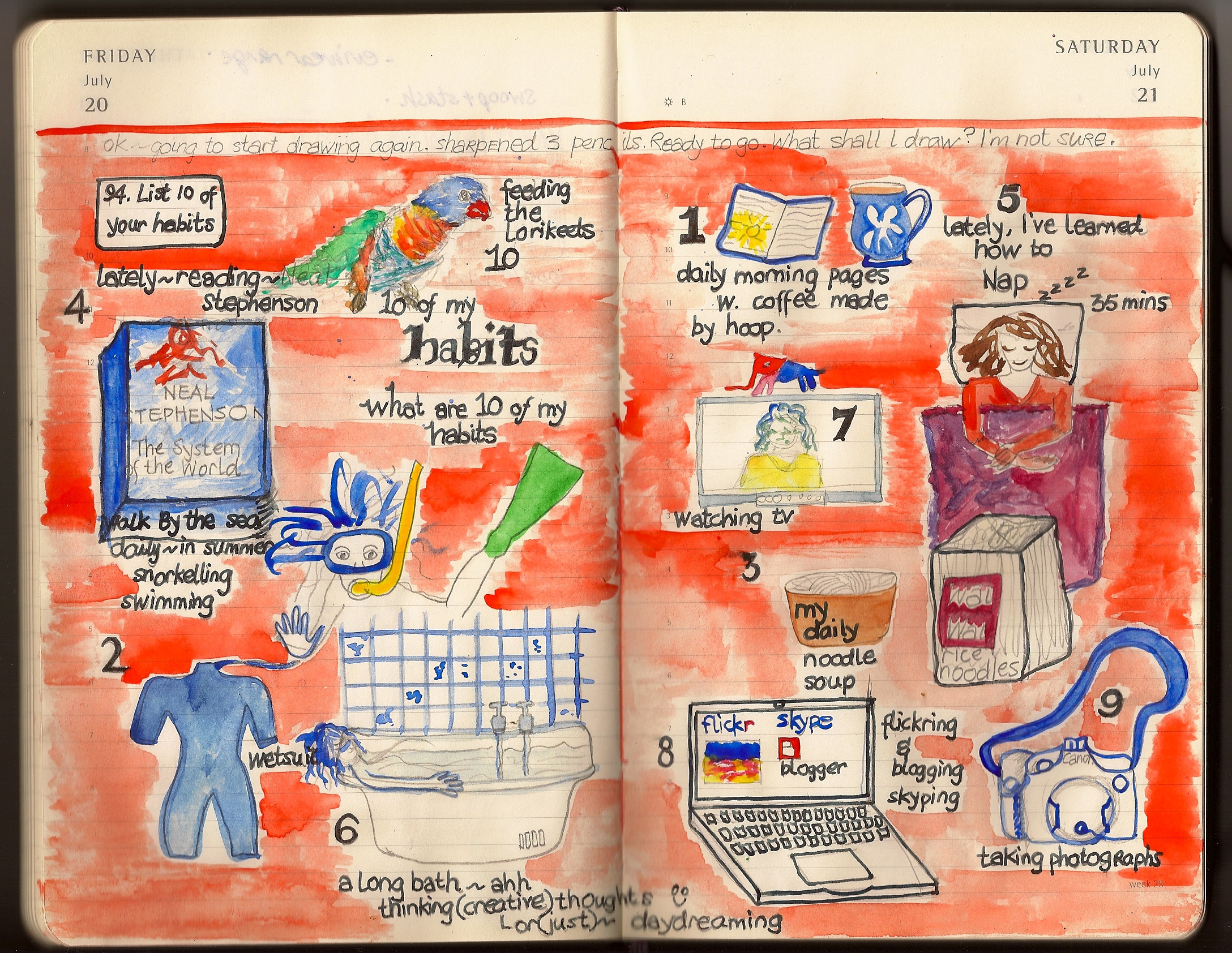
In this episode, the young Noah has asked to meet with Reg, an elderly architect or engineer who had the know-how to build the wall that protects the community of Alexandria, which some believe has survived zombies and other predators mostly by sheer luck. Noah recognizes that it’s more than luck – and wants to Reg to pass on knowledge and expertise that is different from that needed only to avert death.









